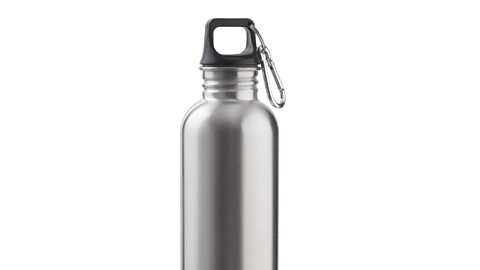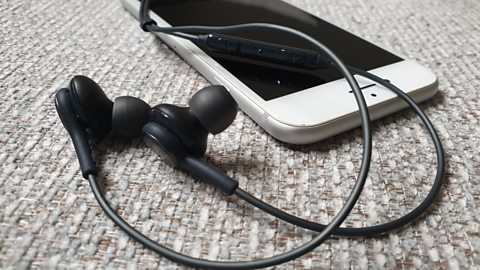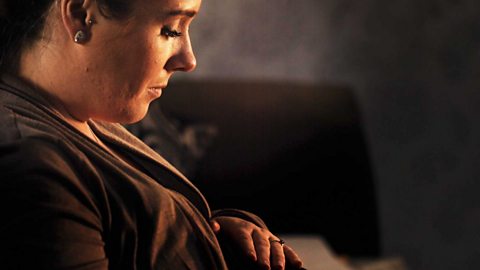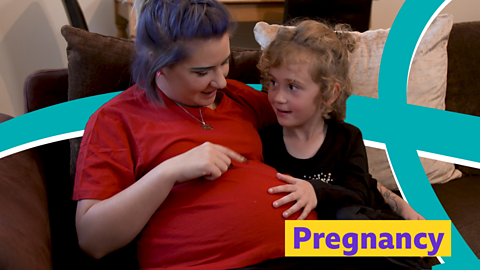±«Óătv > Tips and advice > Pregnancy > Labour
In the run up to your due date, it’s essential that you pack yourself a labour bag and think ahead to all the things you’ll need for when you are heading to hospital.
But as well as packing clothes and baby essentials like cloths, nappies and cotton wool, there are all sorts of small things that can help when you're in hospital to give birth.
We know that your head is going to be in a spin, so here are a few bits to pop in your bag and some other things it can be useful to sort out in advance.
When should I pack my hospital bag for birth?
At least two or three weeks ahead of time, it’s worth starting to pack a suitcase, rucksack or holdall so that whenever your baby is ready, you’re ready too.
What type of hospital bag do you need?
You can use whichever of your bags that fit all your stuff and will do the job. You definitely don’t have to spend money on a new bag to take into hospital.

1. A big water bottle
It’s important to drink plenty of water throughout your stay in hospital, and having a big bottle will save having to pour lots of glasses, making it easier to just reach out and take a glug.
A sports capped bottle or straw will make it easier to stop spillages too!


2. Dressing gown and slippers
These will be useful if you end up pacing hospital corridors in early labour.
You'll probably also want one on the postnatal ward. Hospitals can be very warm, so a lightweight one may be better. A dark colour or might help to hide any stains.


3. A spray bottle / flannel
You’re going to get very hot – you’ll be glad of a quick spritz of cold water to cool you down!
Why not try adding some of your favourite essential oils to keep you refreshed and calm?


4. Lip balm
One of the most popular recommendations from experienced moms, lip balm is a must-pack that's easy to forget about.
This one’s easy to forget, but from the heat of the hospital to the breathing and gas & air, your lips will get quite dry.


5. A travel plan
Make sure you look online ahead of time to get an idea of how long it takes to get from home to the hospital.
If you're planning on going on any trips near to your due date, avoid last minute panics by making sure you know the nearest hospital to wherever you'll be. It's a good idea to keep your hospital notes with you too, just in case.
It’s easy to forget these days when so many places take contactless card, but it might be worth keeping loose change in case the hospital car park is cash only.
And the last thing you want is to be stuck without fuel, so make sure you keep the tank topped up!
If you don’t have a car, ask around to find someone who’ll be able to take you to the hospital at short notice, or otherwise check that your local taxi company is happy to pick you up in labour.


6. Entertainment
You could be in hospital for some time, so make sure you have things to keep you and your birth partner occupied.
Consider keeping back a couple of magazines to read in the hospital, make sure your playlists are available offline, and download some series - why not check out the Box Sets on ±«Óătv iPlayer?.
Oh, and DO NOT forget your chargers!


7. Numbers, numbers, numbers!
These ones are useful to have stored on your phone for easy access: your midwife, the hospital, your partner or birth partner, parents and other loved ones.
You might want to make sure you have these on paper as well, in case your phone runs out of battery!
You’ll also need your hospital reference number when you call in, so good to have this handy too.
Let relatives and friends know to wait for updates from you or your birth partner. They'll need to be patient, but it's better that they do this than call the hospital for updates themselves.

For a full breakdown of things you’re likely to need in your labour bag, check from the NHS.
What things did you find useful to prepare for labour? Let us know on
Article produced with help from Pamela Mills, an NHS midwife based in Greater Manchester.






